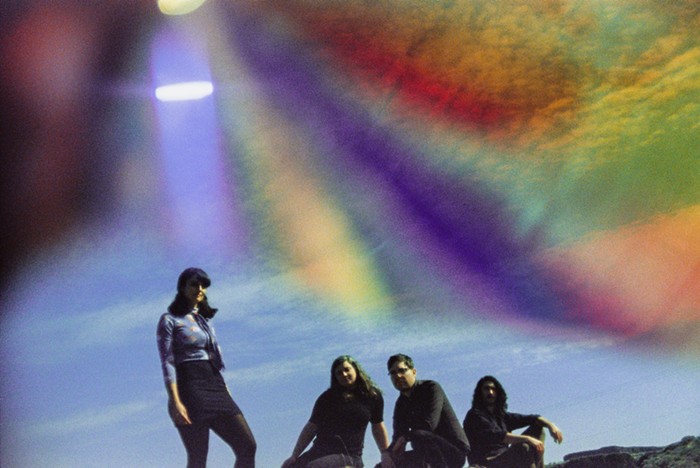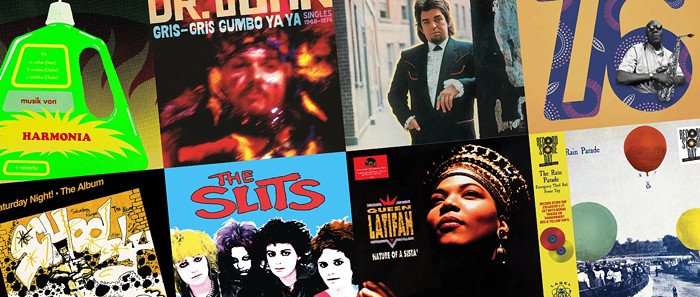I communed with Richard Wagner's Parsifal on opening night and savored the superb singers, particularly Stephen Milling's Gurnemanz, and the orchestra, which played splendidly. Five hours is a sizable chunk of sonic real estate, but if you don loose-fitting clothes and bring opera glasses, you'll experience a very good opera.
What would make this Parsifal great? The only fault of the Seattle Opera's performance rests in the staging. It's an acceptable risk to denude Parsifal of its Christian theme, but the replacement props (like the Grail, which resembled a Slurpee cup swiped from 7-Eleven) and rituals (especially the unveiling of the Grail) must convey the presence of a wondrous, miraculous, numinous Divine Power--not well-worn, bathetic baby-boomer "all religions are equal" pap.
I hope Seattle Opera looks to the future. To paraphrase Richard Serra, who said sculpture got interesting when it stepped off the pedestal, the opera of the future must soar from the stage. Stockhausen's Licht, Luigi Nono's Al Gran Sole Carico d'Amore, and the orgiastic, meat-slaughtering ceremonies of Hermann Nitsch point the way to an opera where swarming street-action choreography, unexpected high- and low-tech gadgetry, multiple stages, and unusual sensory components (wafting scents, prickly confetti) bathe the audience in poetic spectacle. CHRISTOPHER DeLAURENTI
Parsifal runs through Aug 24. See www.seattleopera.org for days and times (McCaw Hall, 321 Mercer St, 389-7676), $47-$125.


















